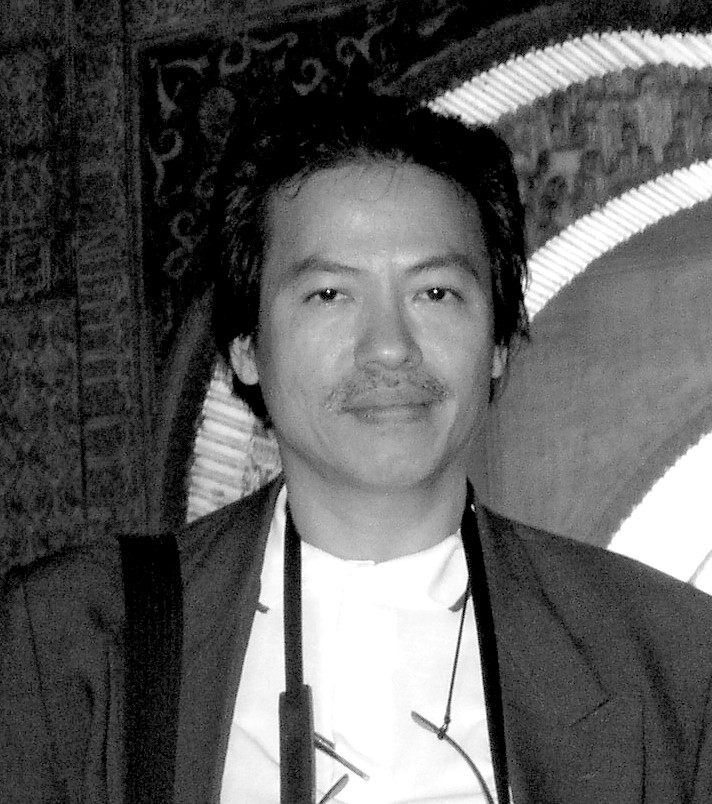Matcha, the quintessential tea of Japanese hospitality past and present, was introduced by the Zen monk Eisai to Japanese society in 1191. Soon, tea drinking parties became fashionable among the upper echelons, and participants would show off their exquisite tea bowls and display their knowledge about tea.1

In the Zen monasteries, matcha was lauded for its ability to produce a state of calm alertness. It became the basis for a more refined version of the Japanese tea ceremony or “chado”, developed with Zen-inspired simplicity and a greater emphasis on spirituality.2
Buoyed by the clean-eating movement of today, matcha is once again trending, this time as a superfood for the health conscious. The tea is rich in polyphenol antioxidants, which have been tied to protection against heart disease and cancer, as well as better blood sugar regulation, blood pressure reduction and anti-ageing. Another polyphenol, EGCG, has been shown to boost metabolism, and slows or halts the growth of cancer cells.3









